Happy Columbus Day?
User AgnosticPreachersKid / Wikimedia Commons
The Christopher Columbus Monument in the Harbor East neighborhood of Baltimore, Maryland.

In fourteen hundred ninety-two, Columbus sailed the ocean blue.
As holidays go, Columbus Day is a pretty harmless one. The banks close (as they find any excuse to) and some of us go about our merry working way as kindergarteners take the cue to begin making make hand-shaped turkeys and construction paper headdresses.
But why? Why are we celebrating this one man? This murderer and destroyer of worlds — both directly and indirectly — why are we honoring him?
He had three ships and left from Spain; he sailed through sunshine, wind and rain.
Let’s backtrack here and go over what we already know. On October 12, 1492 a Genoan career sailor hired by King Ferdinand and Queen Isabella of Spain finally made landfall after a months-long journey across the dark ocean fraught with threats of mutiny and murder.
By asserting that he himself had spotted land, Columbus secured a lifelong pension promised by the King and Queen to the first person to do so — which is a decent indication of the kind of man he was.
In the subsequent four voyages he took to and from the New World to Europe, Columbus and his crew pillaged and plundered the entire West Indies; thinking the whole time that they were, in fact, in India.
The Arakawa natives were very nice; they gave the sailors food and spice.
The most obvious reason to not celebrate Columbus Day is that Columbus did not discover America any more than a person who finds a hip new restaurant is “discovering” it. The area had been settled for tens of thousands of years and other Europeans — think Leif Erikson and Amerigo Vespucci — had beaten him to it.
He ushered in an era that lasted centuries — one of greed and recklessness and above all, one driven by careless disregard for human lives deemed to be below them — it could loosely be called one of the longest and most far-reaching genocides in history. In 1492, there were between ten and fifteen million natives in what is now the contiguous United States — by 1880 there were 300 thousand.
Columbus sailed on to find some gold; to bring back home, as he’d been told.
Schoolchildren are brought up to think of Christopher Columbus as the sailor-explorer-hero that brought the center of the world westward, but he was no such thing. Sure, the discovery of a new, glittering land is something that is easily romanticised and it could be difficult to teach young students that their whole society started as a mass extermination; but we should at least stop ingraining in them the thought that this society came about merely from curious exploration.
His landing spelt the beginning of the end for the people who have rightful claim to this land, and it might be worth mentioning that anybody living in the Americas today not of native ancestry is technically descended from invaders.
He made the trip again and again, trading gold to bring to Spain.
Obviously, Columbus achieved what no one else had — or has since — by commercializing the new world, he created the foundation for new societies to thrive.
There are countries, cities, provinces, universities named after him and yes, without him North and South American civilizations could have been delayed by centuries, or not have happened at all — it would be ludicrous to suggest otherwise.
Honestly, if I had “discovered” 16 million square miles of “new” land I would expect a day named after me as well. I’m not saying let’s take Columbus Day away — no matter how misguided, it appears to be a long and awkward process to repeal a holiday (and it’s doubtful anyone would give up a three-day weekend, no matter what the moral cost); but let’s at least stop glorifying him.
The first American? No, not quite. But Columbus was brave, and he was bright.
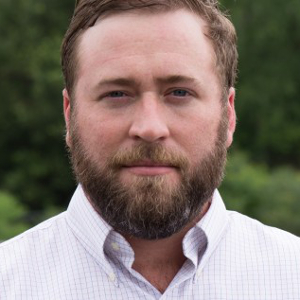
You can reach him at thopkins@hccegalitarian.com
Follow him online and on Twitter @tomhopkinsphoto










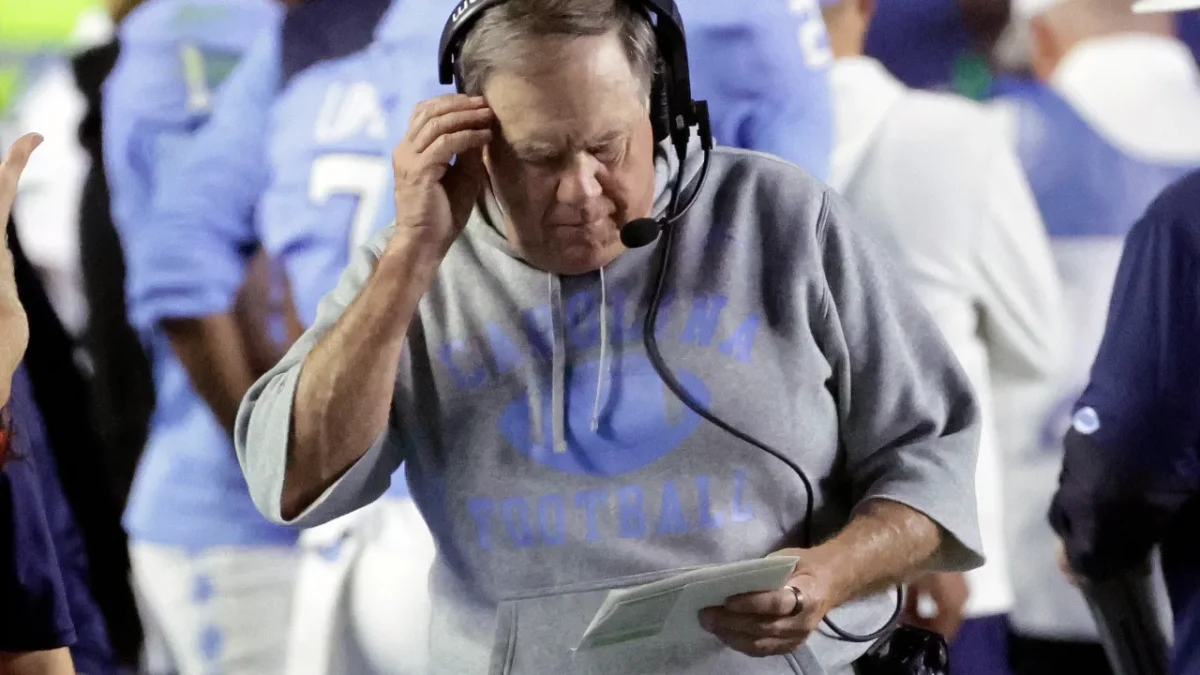










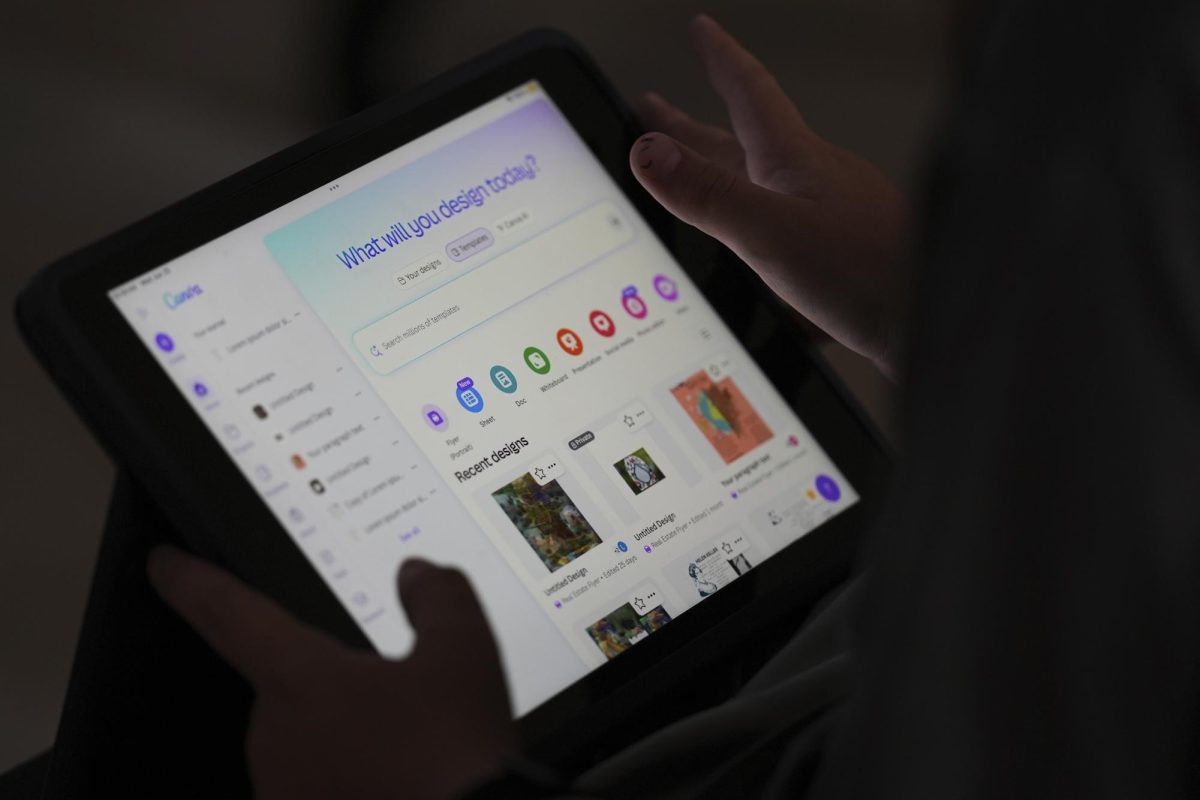



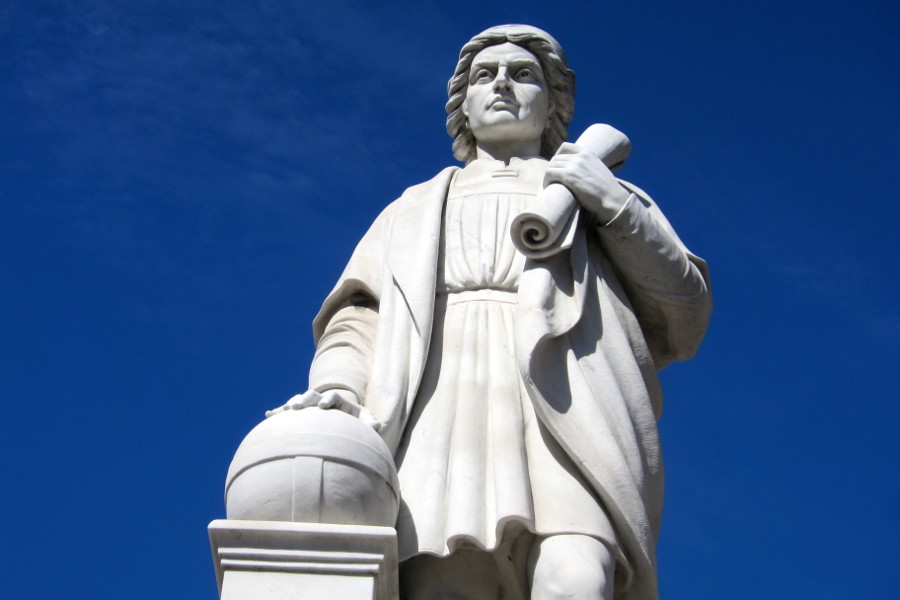





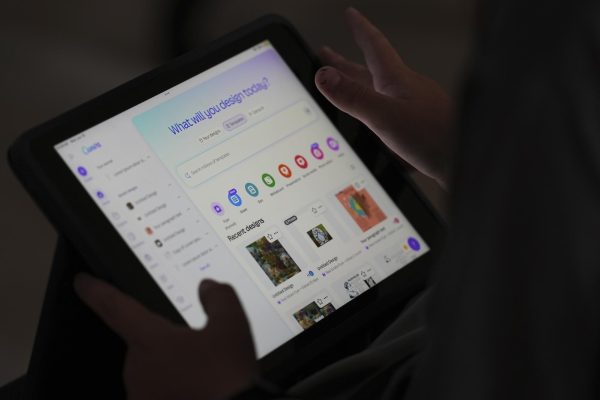
Delena Mayo • Oct 12, 2015 at 8:29 am
Forget Columbus Day! Celebrate Indeginous People Day! They deserve it ….. Columbus was not a hero…He was an evil person who did bad things to people. Yes he did some discoveries but so what??? He was not a hero and should not be celebrated. Check out the link below.
http://www.cnn.com/2015/10/09/living/columbus-day-feat/index.html